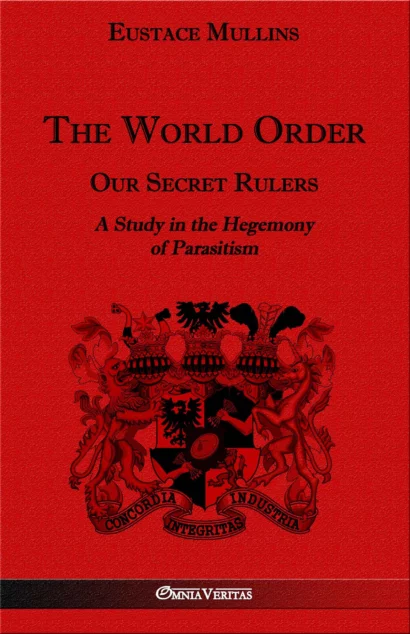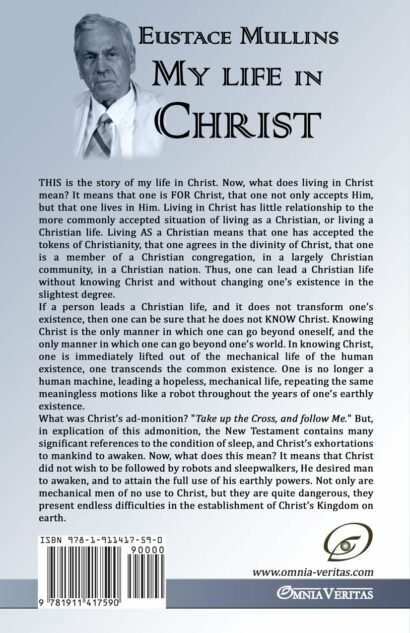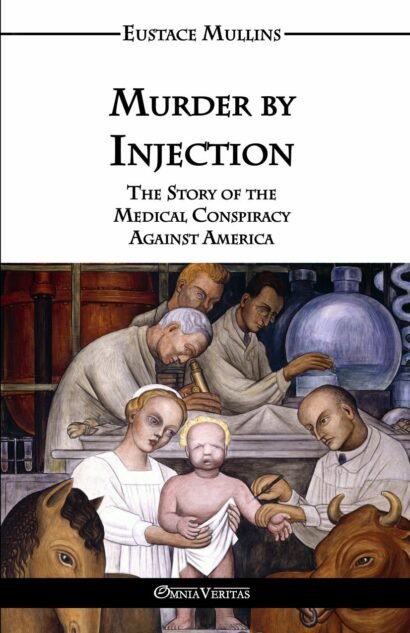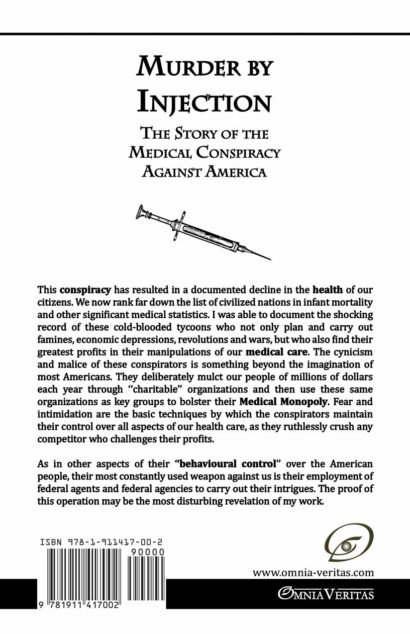Description
In 1888, Homer Pound was appointed assayer to the United States Mint in Philadelphia. The family was caught in the famed “Blizzard of ‘88” during their return to the East. They settled in Wyncote, Pennsylvania, a prosperous suburb, with such neighbors as a certain Mr. Curtis, who published a well-known periodical of that era.
Ezra’s interest in money as a phenomenon, in contrast to the usual attitude toward money as something to get, is a legitimate one. His paternal grandfather, Thaddeus Coleman Pound, had been a pioneer railroad-builder and lumberman in Wisconsin. He served several terms as a Congressman and became an ardent advocate of monetary reform. While he was in Washington, his lumber interests were wiped out by the rapid expansion of the Weyerhaeuser firm. He returned home to salvage what he could, and for a time, he paid his workers in scrip money. Ezra inherited a few bills of this unique currency, and used one of them as an illustration for his own monetary theories.













